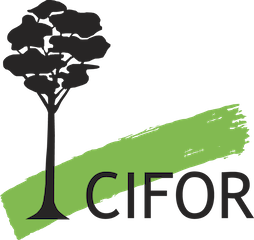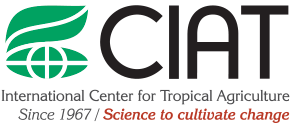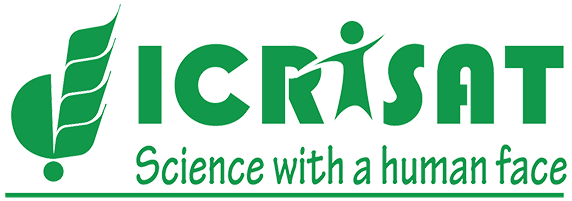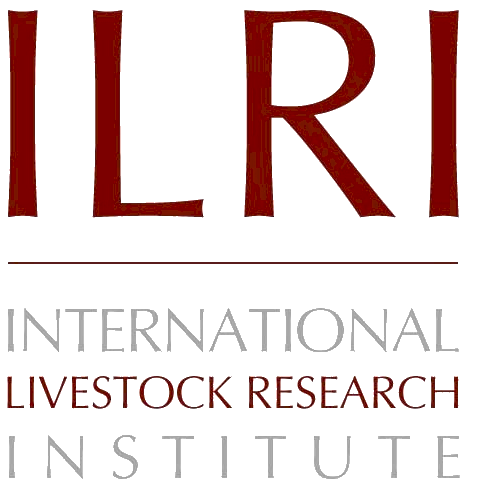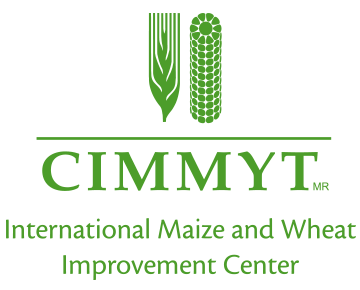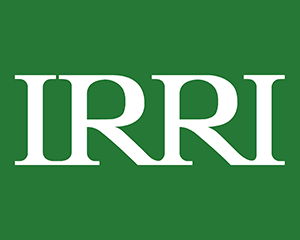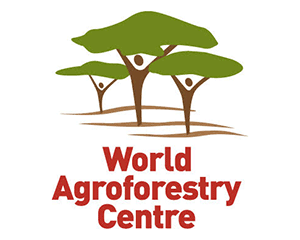
Abstract: Water-saving technologies such as alternate wetting and drying (AWD) provide a way to change practices to improve the livelihoods of many rice farmers and AWD is regarded as one of the more important rice cultivation methods that can dramatically save freshwater irrigation in this century. AWD not only conserves water but also mitigates greenhouse gas emissions. The global climate influence of gases, particularly methane, and resulting reduction in methane emissions by adjusted water management practice through AWD may provide the means for rice to adapt to water scarcity and at the same time mitigate greenhouse gas emissions. With these associated benefits, AWD technology could be harnessed for a Clean Development Mechanism (CDM). This paper will discuss the merits of AWD and explore the possibility of being a CDM for areas affected by water shortage in the Angat dam and reservoir.

